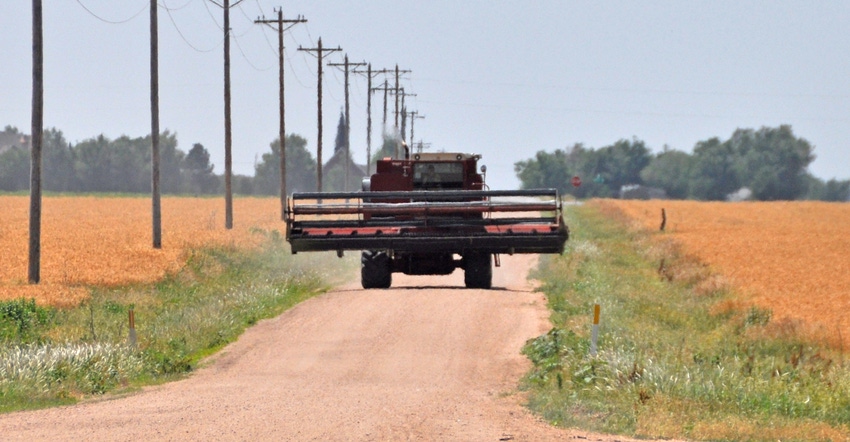March 6, 2018

Does anyone remember the last time American farmers were the unwitting victims of faulty international diplomacy? Give up? One hint: Jimmy Carter was president.
I remember, unfortunately. We were just beginning to put down roots and trying to build a farm business, and the outlook was not good.
On Jan. 4, 1979, Carter initiated the order to halt shipments of grain into Russia. This was in protest of the Russian invasion and occupation of Afghanistan.
Prior to the election, during the Iowa party caucuses in 1976, Carter had pledged to Iowa farmers that, under his administration, there would be no more embargoes. This was in response to then-President Ford’s action placing a temporary curb on grain sales to Russia. Farmers responded in angry protests and, perceiving he might face a tough re-election bid, Ford relented after only two months’ time and lifted the embargo.
Sadly, upon winning the election, then-President Carter, after receiving clear authority under the 1979 Export Administration Act, which could deny validated export licenses for reasons of national security, moved ahead with the embargo. Grain farmers and exporters were to be compensated when affected by the embargo.
Although the Commodity Credit Corporation took ownership of more than 4 million tons of wheat and 9 million tons of corn — not to mention USDA raised loan prices and waived interest costs on the farmer owned reserve — farm prices did not keep up with inflationary pressures that were creating a financial firestorm of major proportions.
Even the American Farm Bureau withdrew its support for the embargo, and this collection of events, in part, set the stage for the rising star of presidential candidate Ronald Reagan. Carter subsequently became a one-term president.
In the fall 1980 issue of the Foreign Affairs publication, Robert L. Paarlberg suggests the embargo had less of a negative impact on American agriculture than farmers claimed. He points to rising energy and interest costs for the major financial loss, and the 20 MMT export loss represented a minor drop in export business. Plus, the drop in net farm income had been forecast long before the embargo.
Yet, based on evidence that grain exports from Australia, Canada and the European Union had pretty much made an end run around the embargo, it appears American farmers likely suffered more from the combined effects of it and inflationary pressure; a “one-two” punch, as it were, going in to the greatest financial disaster that agriculture has seen since the Great Depression.
Perhaps this is a cautionary tale. Although not every circumstance is similar to today, one can gain a healthy perspective regarding the nature of politics, which transcends time. Today, though we have no grain embargo, we also have no clear direction regarding new trade agreements, post-TPP withdrawal and a threat to leave NAFTA.
My earlier reflections of the past include a determined effort by all commodity groups to declare this would not happen again. My earliest involvement with Kansas Association of Wheat Growers began that decade, and out of this struggle to survive high-interest rates and low prices, increased my focus to work for real solutions benefitting the Kansas wheat farmer.
Penner is a Marion County farmer and past president of the National Association of Wheat Growers. His email is [email protected].
About the Author(s)
You May Also Like




